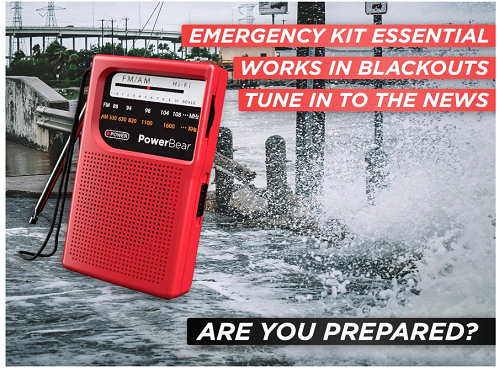


Yesterday, Ace's post on removing federal funding from NPR and PBS actually cited NPR, perhaps for one last time.
"Public funding has enabled the flourishing of a uniquely American system of unparalleled cultural, informational, and educational programming, and ensured access to vital emergency alerting and reporting in times of crisis -- all for about $1.60 per American, every year. Parents and children, senior citizens and students, tribal and rural communities -- all will bear the harm of this vote," Maher said.
North Carolina Rep. Alma Adams was among the Democrats who rose to defend public broadcasting. "When Hurricane Helene devastated western North Carolina last year, public broadcasting was there when traditional communications failed," she said. "Widespread power, cellular and internet outages meant that for thousands of North Carolinians, public radio was how they received their news."
The House vote on Thursday means CPB will lose $1.1 billion meant to fund it through the next two years, while the bill also cuts $7.9 billion in other programs. CPB acts as a conduit for federal money to NPR, PBS and their member stations. Although NPR, which produces news programs such as Morning Edition and All Things Considered, relies on direct federal funds for only a small portion of its budget, its approximately 1,000 member stations get a heftier portion of their operating revenue through CPB.
The network has warned that many of those stations -- especially those broadcasting to rural areas or to underserved audiences, such as Native Americans -- could be forced to shut down as a result of the funding rollback.
Read Ace's entire piece (don't comment on old threads) and prepare for more from him in the future. The video at the end of the post, where the head of NPR has to comment on her own words, is a switch from a couple of years ago, when the management was facing DEI-type unrest from some of its own staff.
Over the past few years, I have reported on some of my brief NPR-listening experiences (so you didn't have to listen). Credit where credit is due: I DID appreciate being able to find transcripts of some programs of which I had heard brief snippets. Not sure if transcripts are available for local stories, or for how long. Would a local newspaper be more valuable?
I also became interested in the story of Uri Berliner's challenge from within to the leftist news coverage at NPR (April 2024), which led to scrutiny of the new CEO (take a deeper look at Wikipedia, too?), as well as scrutiny of the entire organization.
Adam Schiff is not a reliable muse for news.
Today, I wanted to go a little deeper on the "rural station" thing and touch on other forms of communication available to citizens, including those in rural areas.
I hear a lot of acknowledgments of donors now when I hear NPR. Maybe there could be a few more. I don't recall much local sports coverage, but I have heard that the Fresno PBS (not NPR) affiliate is not too leftist and does a worthwhile story now and then.
responses:
I live rural. FYI if a weather emergency or natural disaster is headed our way the weather app on our phones tells us but NPR does not. Regional or local issues get out on Nextdoor but not NPR. The only time NPR will touch it is if they can blame it on climate change.
They mean it in the sense that they want to culturally dominate rural America whilst at the same time thumbing their nose at rural America. They may lose some of their influence
What does this mean for Native Americans with NPR stations?
My family's rural homestead is 1 hour from a grocery store - but we have 1 gig fiber.
I grew up on a farm in a rural area and we listened to the weather and commodities report ( aka " pig report") on the radio every morning at breakfast. Public broadcasting didn't exist yet and that station still does.
Taking a cue from the last comment above, do you understand the Emergency Alert System? I heard a discussion on AM talk radio about emergency alerts, and the historic involvement of "clear channel" stations in those alerts. Apparently, there is some agitation to remove this role from AM radio, along with consolidation of programming to remove local talk and even music programming. Is this a good thing?
In past disasters, old systems (like land line telephones in hurricanes) have sometimes held up better than newer systems. Should we think about keeping some old infrastructure in place?
What communication systems will be trustworthy in the future? NPR? PBS?
WEEKEND
The Week In Pictures: Elmo Goes Reich Edition
Music
Hope you have something nice planned for this weekend.
This is the Thread before the Gardening Thread.
Last week's thread, July 12, Can the Democrats of New York help out California??
Comments are closed so you won't ban yourself by trying to comment on a week-old thread. But don't try it anyway.
